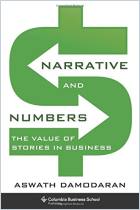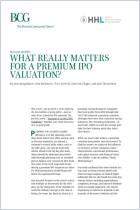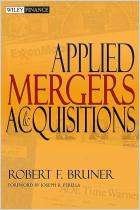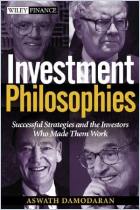
Valuation
Avoiding the Winner's Curse
Read or listen offline
Recommendation
The evidence is undeniable - most mergers fail and most acquisitions never achieve their promised synergies. Yet firms keep bidding top prices to acquire targets. Economists have a name for this phenomenon: the winner’s curse. This theory says that the winner in any auction is apt to be the bidder who has most drastically overestimated the purchase’s value. The winner, in this case, turns out to be a real loser. Authors Kenneth R. Ferris and Barbara S. Pecherot Petitt present compelling examples of companies that overpaid disastrously for acquisitions. They outline several approaches to valuation that might spare other companies from that sorry fate. getAbstract.com recommends this comprehensive and quite directly applicable book, which is full of cautionary notes and recommendations on how and when to use various valuation models. Why do companies continue to flirt with the winner’s curse? The authors conclude, perhaps naively, that companies simply don’t know how to correctly value their targets. Whatever the cause, there continue to be many cases where losing, rather than winning, would be a blessing to shareholders.
Take-Aways
About the Authors
Kenneth R. Ferris is Distinguished Professor of World Business at Thunderbird, the American Graduate School of International Management, where Barbara S. Pecherot Petitt is Assistant Professor of Finance.
















Comment on this summary or Iniciar a Discussão